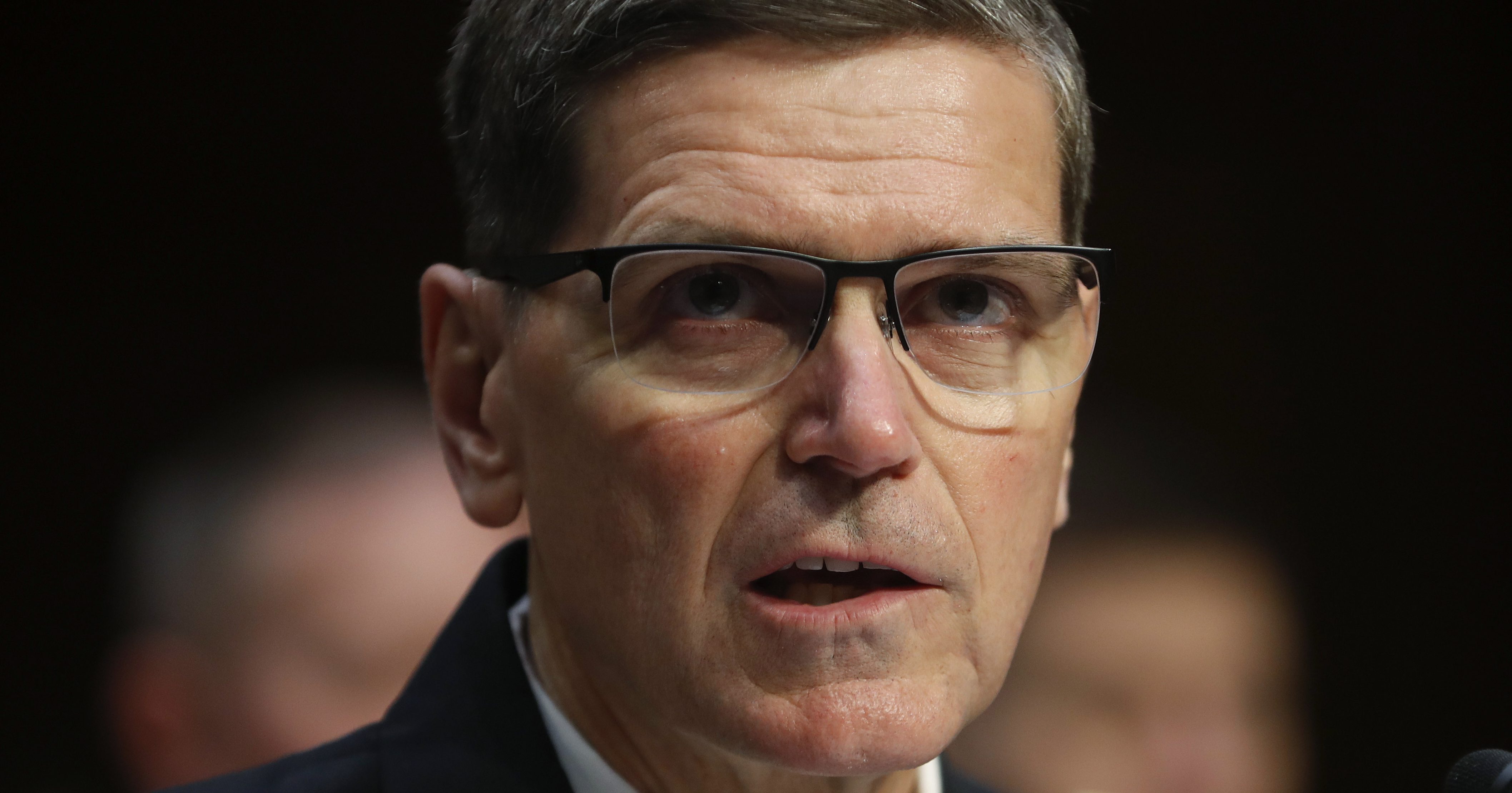
US Commander: Trump's Afghan Plan Still Holding Solid
A year after the Trump administration unveiled a broad new strategy for the 17-year war in Afghanistan, the top U.S. commander in the Middle East said he doesn’t expect any major change in the strategy to end the conflict as a new general takes over the campaign.
Army Gen. Joseph Votel told reporters that the campaign to use military, social and political pressure to force the Taliban to the peace table is still valid. Incoming Afghanistan commander Army Gen. Scott Miller will make his own assessment of the war’s progress, Votel said, but while he may make tactical changes on the ground fight, “I don’t think that that will result in a relook at the strategy of the overall approach here.”
Speaking to Pentagon reporters on Wednesday, Votel said Miller is likely to take a close look at the Afghans’ continued use of checkpoints in remote regions, where their forces are often more vulnerable to Taliban attack.
And he said the U.S. also wants to address concerns about the Afghans’ dependence on their increasingly competent special operations forces.
Miller, he said, will want to make sure the commando troops are being deployed properly and not overused.
Votel also said the reconciliation plan doesn’t extend to Islamic State fighters in Afghanistan.
“While we apply military pressure against the Taliban to bring them to the table of reconciliation, we harbor no illusion about reconciliation with ISIS-K,” said Votel, using the acronym for the Islamic State affiliate in Afghanistan.
“Our mission there is to destroy that organization.”
Last week several hundred fighters of the Islamic State affiliate surrendered to Afghan forces in the northern province of Jawzjan.
Votel said the fighters were taken to government detention facilities and will be held accountable for any war crimes they committed. He said the U.S. military will be able to interrogate them.
According to local Afghan government officials, the IS militants surrendered after the Taliban flooded reinforcements into two districts in recent weeks.
The Taliban and IS are both battling to overthrow the Western-backed government and impose a harsh form of Islamic rule, but are fiercely divided over leadership, ideology and tactics.
The number of Islamic State insurgents in Afghanistan has fluctuated, and they have been largely confined to Jawzjan and the eastern provinces of Nangarhar and Kunar.
The estimates range from several hundred to a few thousand.
Votel said the surrender of such a large group suggests the fight against the group is progressing. He said he believes the group has not been able to expand and has lost strength in Afghanistan.
The group, however, has been able to conduct a number of high-profile, deadly attacks across Afghanistan, often targeting Afghan security forces and the country’s Shiite minority.
The Western Journal has not reviewed this Associated Press story prior to publication. Therefore, it may contain editorial bias or may in some other way not meet our normal editorial standards. It is provided to our readers as a service from The Western Journal.
Truth and Accuracy
We are committed to truth and accuracy in all of our journalism. Read our editorial standards.
Advertise with The Western Journal and reach millions of highly engaged readers, while supporting our work. Advertise Today.











